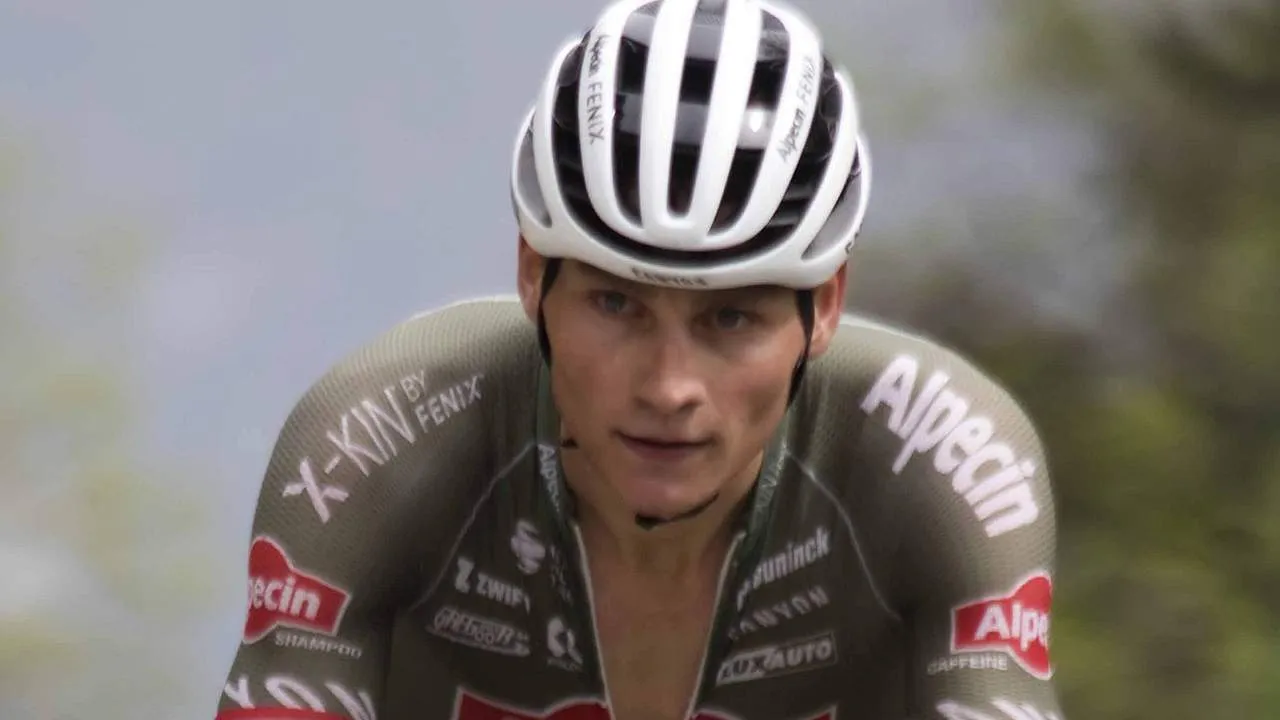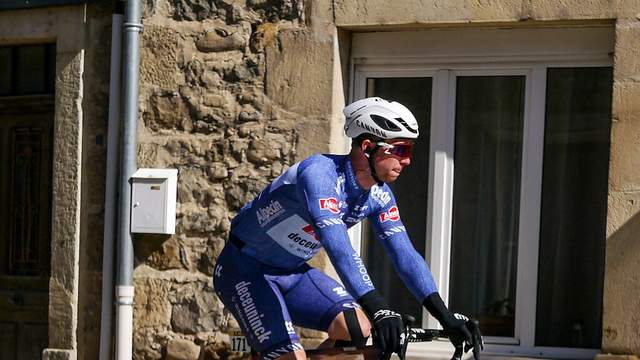Van der Poel Triumphs as Pogacar Crashes: Paris‑Roubaix 2025 Men’s Race Drama

Van der Poel Reigns Supreme at Paris‑Roubaix 2025
On 13 April 2025, the 122nd edition of Paris‑Roubaix lived up to its “Hell of the North” moniker. Dutch powerhouse Mathieu van der Poel claimed a historic third straight victory, while world champion Tadej Pogačar endured a dramatic first appearance in the race, ultimately finishing second.
A Clash of Titans on the Cobbles
Entering the race, van der Poel was the favourite, bidding to equal the consecutive-win record set by Francesco Moser. Pogačar’s debut was keenly anticipated: could the Tour de France champion conquer his last classics frontier? The pre‑race hype centered around an epic showdown between the two :contentReference[oaicite:1]{index=1}.
Early Action and a Shifting Favor
After a neutral start from Compiègne, the peloton hit 30 sectors of pavé totalling 55.3 km, including iconic sectors like the Trouée d’Arenberg, Mons‑en‑Pévèle, and Carrefour de l’Arbre. Rain from the night before left many cobbled sectors slick and dangerous. Attacks and crashes early in the race thinned the field, setting a brutal tone :contentReference[oaicite:2]{index=2}.
Race Goes Select in the Arenberg Forest
By sector 20 (Haveluy à Wallers), Pogačar launched a sustained push that split the race. A select group including van der Poel, Mads Pedersen, Stefan Bissegger, and former breakaway riders formed at the front. Pedersen and others struggled on subsequent sectors, while Pogačar and van der Poel appeared dominant over the rough terrain :contentReference[oaicite:3]{index=3}.
The Turn Hazard at 38 km to Go
In sector 9, just 38 km from the finish, Pogačar misjudged a right-hand corner on the cobbles and crashed. He quickly remounted but lost contact with van der Poel and was forced into two bike changes after his chain and wheels failed. That error loosened his grip on victory in a blink :contentReference[oaicite:4]{index=4}.
Van der Poel’s Solo Ride to Glory
Van der Poel powered on alone, managing a puncture later at Carrefour de l’Arbre but handled it with minimal delay. Meanwhile Pogačar, hampered by mechanical setbacks, couldn’t recover time. Van der Poel crossed solo in **5 h 31 min 27 s**, averaging **46.92 km/h**, claiming the race for a third year in a row :contentReference[oaicite:5]{index=5}.
Pogacar and Pedersen Secure Podium Spots
Pogačar took a gutsy second place, finishing **1 min 18 s** behind van der Poel. It was a valiant showing on his debut, in conditions he later called “one of the toughest races of my career.” Pedersen completed the podium in third, sprinting clear of Wout van Aert in their reduced chase group to take bronze, just over two minutes adrift :contentReference[oaicite:6]{index=6}.
Unseen Drama: Bottle Attack Overshadows Victory
Van der Poel faced unexpected adversity even after the cobbles: a spectator threw a full water bottle at his face mid-race. He pressed on, describing the act as “attempted manslaughter,” and urged legal action. The incident was widely condemned, overshadowing celebrations of his riding heroics :contentReference[oaicite:7]{index=7}.
What It Means for Pogačar’s Legacy
Though he didn’t win, Pogačar’s debut remains remarkable. His aggression, resilience in the face of crashes and transitions, and ability to remain in podium contention through adversity reinforced his status as one of cycling’s most complete riders :contentReference[oaicite:8]{index=8}.
Van der Poel Enters the History Books
By winning Paris‑Roubaix for the third straight time, van der Poel joined only Francesco Moser and Octave Lapize in achieving this rare feat. The victory brings his Monument count to eight and solidifies his reign over the spring classics :contentReference[oaicite:9]{index=9}.
Final Reflections: Hell of the North Delivers Again
Paris‑Roubaix 2025 offered everything: treacherous pavé, tactical masterstrokes, crashes, controversy, and ultimate triumph. Van der Poel’s grit and skill in adverse conditions, and Pogačar’s fearless front-running debut, provided a showdown for the ages.




